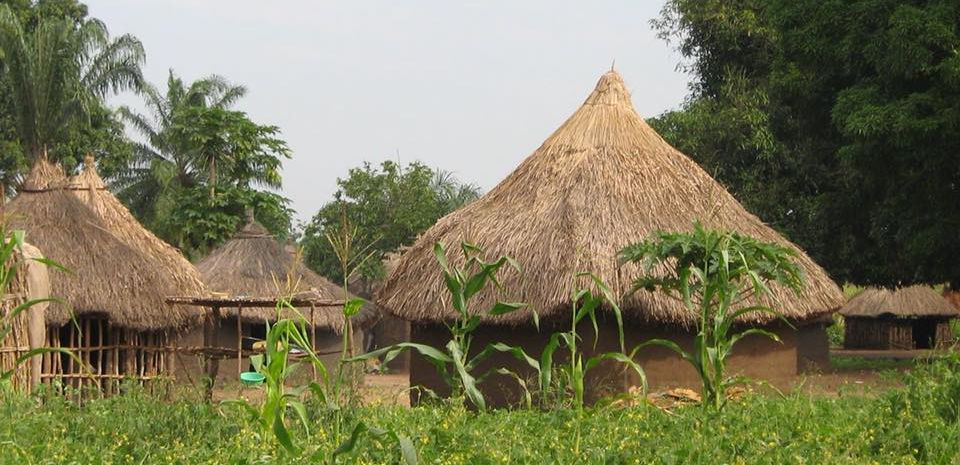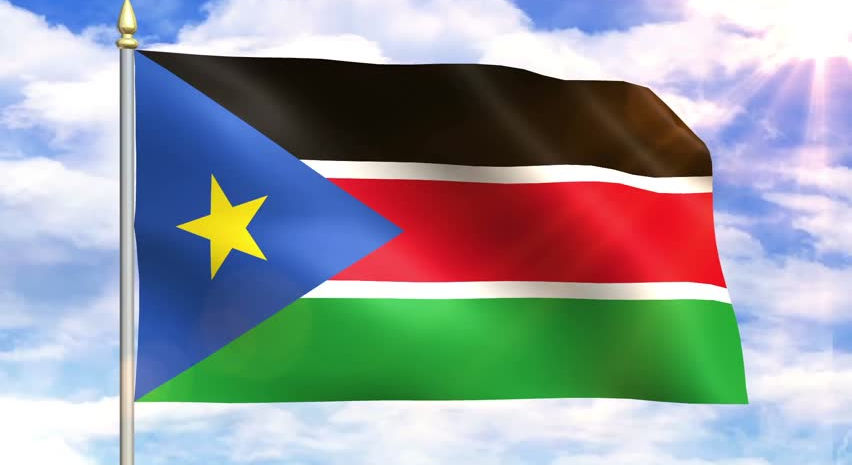KAKWA CULTURE
In the Kakwa language, the exact word for culture is la’bi. In the Kakwa language, the exact word for culture is la’bi. The Kakwa people have a unique and diverse cultural heritage and rich customary values, which form the basis of the way life is organized, how marriages and funeral rites are conducted, and how community affairs are governed. For example;
There is no universal authority over the way individuals should conduct themselves in the Kakwa society. Kakwa tradition holds that open violence is wrong, due to the concept of wila na lemi, which dictates that violence or grudge should be left to the natural forces of the good and bad to exert punishment or prove innocence. Women should respect their husbands and children their parents. Disputes over rights of land, women and livestock occasionally occur at all levels of the lineage but are settled by the elders. Inter-clan sexual relations, adultery and fighting an elder person are considered incest, and often lead to wila (or curse). All these societal rules are contained in the general term kuga (or respect).
Of great significance is a Kakwa homestead, strategically located near a large evergreen tree, under which family members can enjoy tilimo or shade. In the evenings, family members spend their time around the communal open fire, known as pudo where the elders tell stories to the younger group and where the day's activities are discussed and future plans and specific assignments are made.

THE KAKWA LANGUAGE
The name of the Kakwa language is also called Kakwa — named after its people. A language in Kakwa is called lokuliye (masculine) or kutu (feminine). Hence, Lokuliye lo Kakwa means the same thing as Kutu na kakwa—Kakwa language.
The etymological roots of the Kakwa words usually consist of two or three consonants. The roots themselves may be monosyllabic (in that most words in their simplest form consist of one syllable i.e. a consonant combination and a vowel as in le (feminine) ‘milk’ since there are no codas in Kakwa. When you know a word, you know both its pronunciation and its meaning—and, of course, also its writing or spelling. Synonyms like si’de (feminine) and gbi’dikiye (feminine) are two words because their identical meanings ‘a chair’ or ‘a seat’ are represented by two different strings of sounds. On the other hand, two words with different sounds may have same string of letters (homograph) as in the personal pronoun nà ‘me’ or ‘I’, and in the intimate genitive (possessive) particle ná ‘of’ (feminine, singular).
Kakwa has no indigenous writing system of its own but bases its writing system on the Roman alphabet. All Kakwa forms cited in this book appear in standard orthography. The language is Niloto-Hamitic indicating that it has elements of the Nilotic and Hamitic languages. But what exactly is meant by Nilotic? Westermann and others have advanced criteria by which certain Sudanic languages are to be regarded as Nilotic, and this Nilotic element in the Kakwa language is to be found almost solely in word stems, and very little in sentence construction. In Kakwa Grammar, the term Nilotic relates to the languages of Dinka, Shiluk, Nuer, Acholi, Alur etc, and all languages and dialects closely related to any of these languages, and its presence in Kakwa is evidenced by the surprising number of monosyllabic word stems, both nouns and verbs, common to Kakwa and to the neighbouring Nilotic languages.
KAKWA MARRIAGE
Kakwa customary marriage is an arranged marriage. It is the role of parents to find suitable marital partners for their children. The two families must not have blood relations. They should be from different Kakwa clans because the Kakwa do not marry relatives. Marriage in Kakwa is a lifelong and proceation-centered relationship between a man and a woman of marital age.
The kakwa marriage can be described as an extended marriage, because it does not only concern the husband and wife, but the two clans from which the couple originates. The marriage process moves in stages, from the initiation of friendship (moka na Tojuli), presentation of deposit (Rabu), bride price (Nyopa na yema), blessings feast (nyoi na lokore), to the very last day the girl is accompanied to her new home (nyomoji na amurugo).
For more details, please click the button below to be directed to a brief article or click the attached booklet.


RELIGION
The Kakwa idea of a "supreme being" is what the people know or refer to as Ngun whom they used to worship in their own unique way until Christianity/Islam reached them. They see him as being the ultimate source of all power and morale order. They conceive of him as having two aspects, one transcendent and the other immanent evil, an inversion. He is responsible for all forms of death for death cannot be avoided. His will is immutable. Their prayers to God involved the offering of animal sacrifices and food.
The overall concept of religion for the Kakwa is that the dead or ancestors can communicate with the living. Accordingly, if these ancestors "notice" anything going astray among their living kin, they have the obligation to react by bringing signs that warn of eminent disaster and even punish them and that something should be done to avoid further punishment. The spirits of the ancestors also act like angels that follow and guide a living person at all times and places. Therefore, such a spirit can and should rescue one from a potential or a real problem.
Please click below to listen to excerpts of preaching in the Kakwa Language.
KAKWA FOLKLORE STORIES
The famous Kakwa folk stories consist of same characters in different scenes. The main character is always Lotole (The Hare) with other associate in the person of Isu, his mother, Abi, his stupid friend, Joputo, his girlfriend, Lotome (elephant), Je’beju, the character with a wound on the leg, Kapaya, the doves etc.
There are many folk stories with different scenarios involving these and additional characters. These narratives are always depicting some events like hunting, harvesting, wedding ceremonies, living together in harmony. The main character, Mr. Lotole or Tole as it is known in Kakwa Koboko always creates chaotic situation by putting other secondary characters to ruse (deception).












